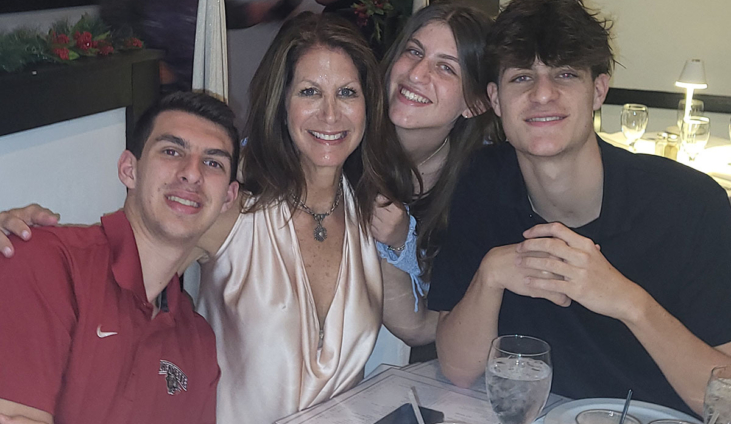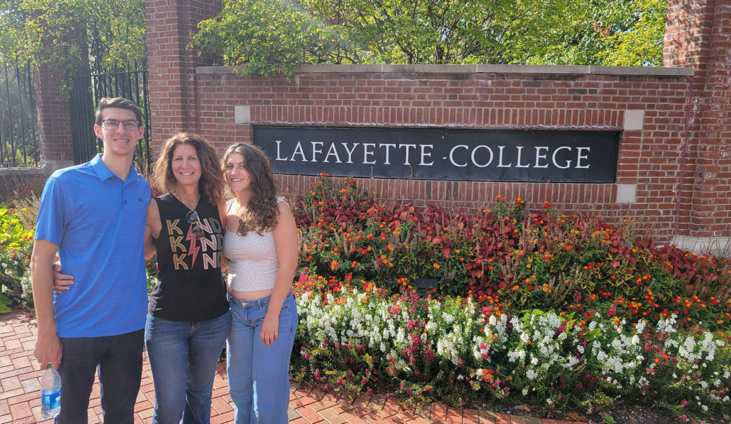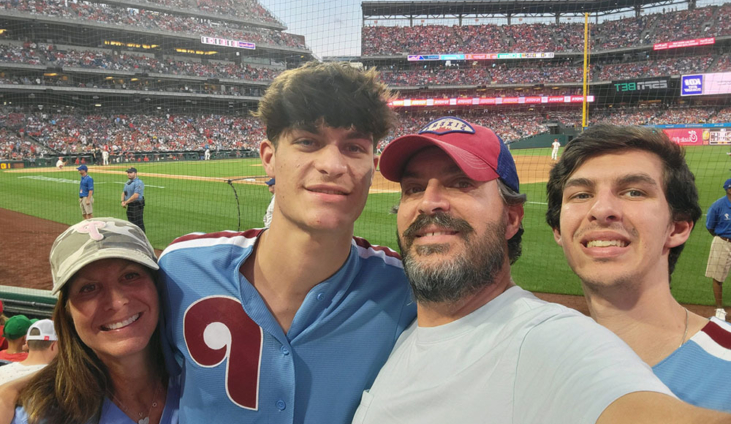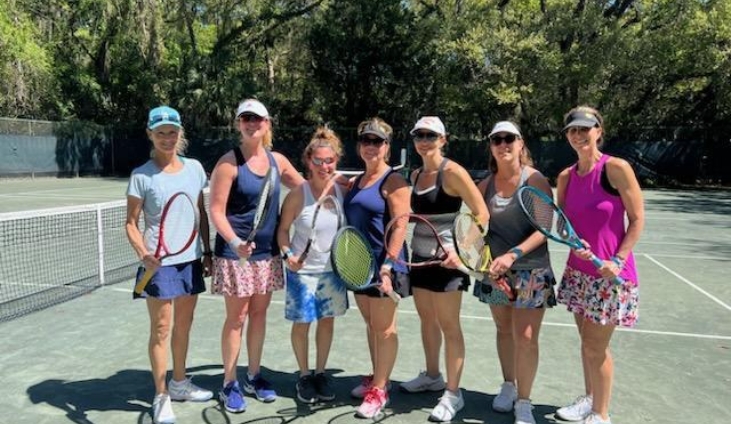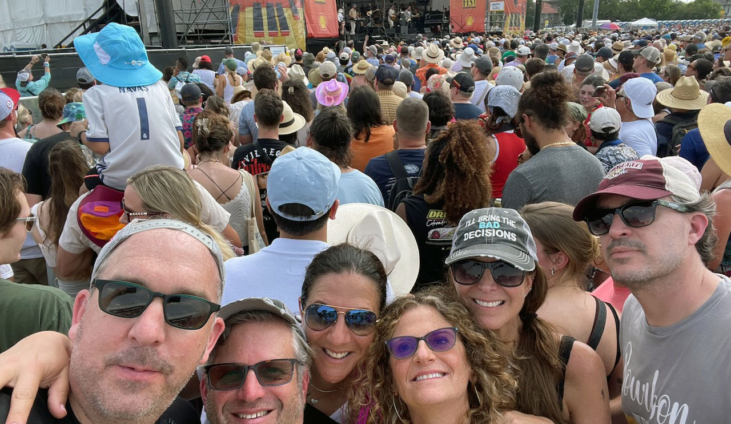The Chief Program Officer position is a new role for the Science Center. Tell us a bit about the role and why it’s so critical for the organization at this juncture.
About 5 weeks into the role, my understanding is that as the Chief Program Officer, it will be important to balance a number of different priorities. High priority on this list is ensuring that we are consistently using our operational excellence tools in service of delivering high quality programs. An additional priority is creating more cohesion between the programs – utilizing our tools consistently across programs, developing similar definitions across programs as appropriate, and ensuring clarity related to how programs support the overall mission of the Science Center. Of course underlying all of this work is building relationships with the individuals who carry out the programs and that is what I am mostly focused on in these early days of my tenure at the Science Center. It is truly a pleasure getting to know all of the brilliant and talented staff in the Programs department and within the whole organization.
While the Science Center was historically known as a real estate venture, the organization has doubled-down on investment in programs to achieve our mission. Thus, having a Chief Program Officer is critical to ensuring we offer best in class programming – we want to be known for delivery of high-quality, effective and impactful programs which attract current and future leaders in healthcare entrepreneurship and innovation.

Capital Readiness December 2024 Cohort
You’ve worked in several healthcare roles before this. What got you into this field, and why have you stayed?
I knew from a young age I wanted to have a career in healthcare. I was always drawn to subjects related to healthcare, such as biology and chemistry. I have also always had a caregiver gene in my DNA – I was the one in the family who took care of the pets and later, my aging or sick relatives. I also have a soft spot for the underdog and social justice issues. I volunteered in a hospital and went to college as a pre-med major. I decided that medical school wasn’t quite the right path for me, but knew I wanted to do something in healthcare. A fortuitous turn early in my career exposed me to public health and I decided to obtain a graduate degree in this field. This decision shaped my career path and allowed me to pursue a variety of interesting opportunities.
Public health is about protecting and improving the health of communities and this concept has driven me throughout my career. This always appealed to my interests related to social justice. The notion that not everyone has equal access to high quality healthcare in the richest country in the world serves as my professional north star. I started my career in public health during the AIDS crisis and that experience reminds me daily that the health of a community is very much influenced by social and political drivers. I have stayed in healthcare because it has never failed to be interesting, provides deep personal satisfaction, and because there is still so much work to be done.
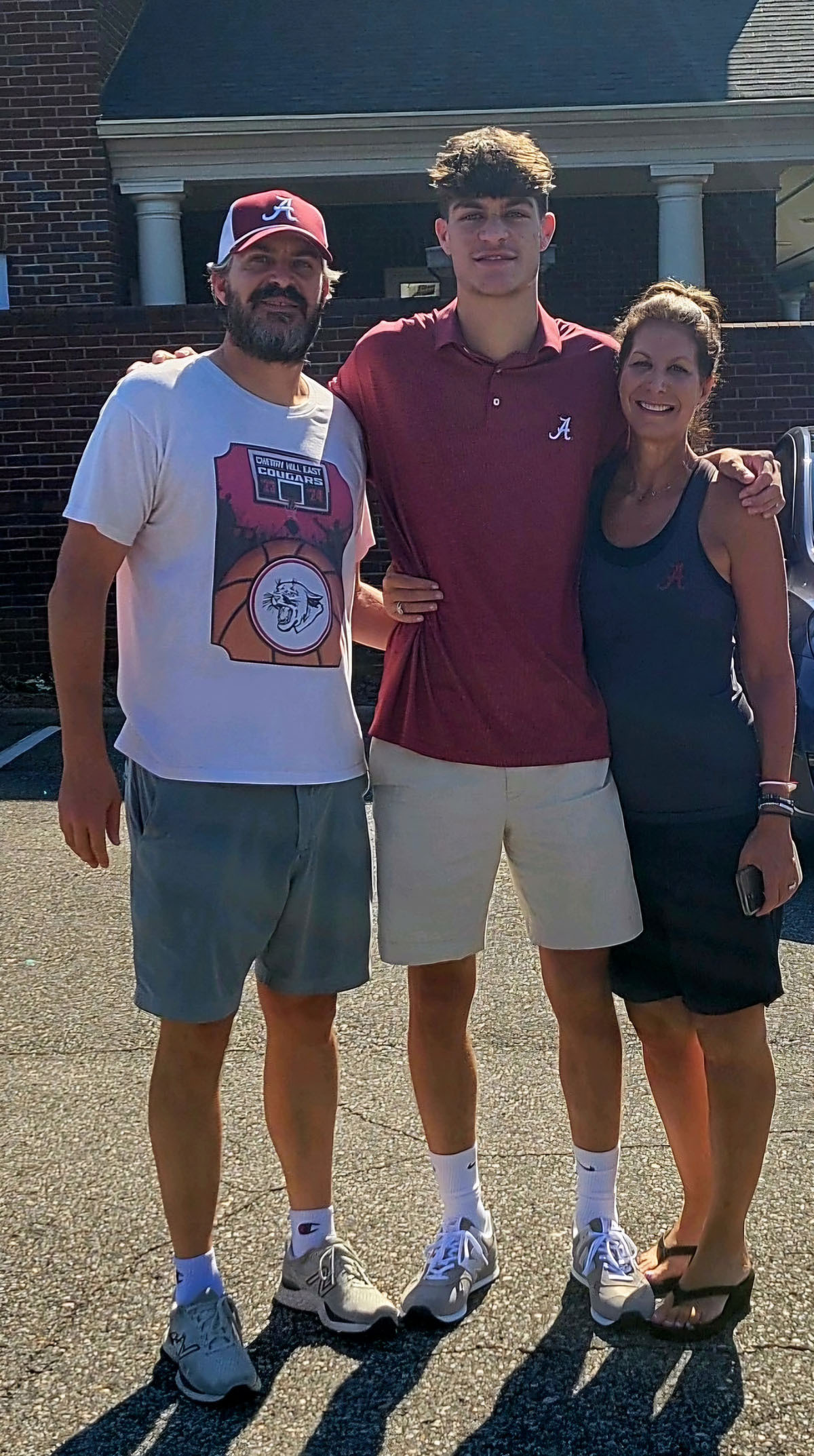
How will your past work experiences inform your work at the Science Center?
Throughout my career, I have worked in hospitals advocating for patients, addressed federal healthcare policy, implemented strategies to improve health outcomes, developed best practices for communication between patients and clinicians, and collaborated to solve deeply entrenched systems challenges in healthcare. I have extensive knowledge of how the U.S. healthcare system works (or doesn’t) and can use this knowledge to support our constituents and partners. Additionally, I have developed numerous programs throughout my career and have a good understanding of effective program-building strategies to achieve positive outcomes. In some cases, I have built programs out of simple ideas (building something out of nothing) and this has provided the best experience in what works and what doesn’t. I hope to utilize this experience at the Science Center to continue building best-in-class programs to support our mission.
What qualities have helped you succeed as a leader throughout your career?
I am continuously working on qualities to help me succeed as a leader in my career. The qualities I most admire in other peers and colleagues and which I have tried to adopt include:
Visionary Thinking
The ability to see the big picture.
Empathy
Ability to lead with empathy, navigate interpersonal dynamics, establish trusting relationships with team members, and guide them through challenges.
Adaptability
Ability to adapt to changing circumstances and remain flexible in response to environmental context.
Integrity and Ethical Leadership
Upholding strong ethical standards and leading by example.
Delegation and Empowerment
Trusting and empowering team members with important responsibilities.
Problem-Solving Skills
Ability to break down problems and find creative solutions.
Continuous Learning and Growth
A commitment to self-improvement, through acquiring new skills, seeking feedback, or pursuing ongoing education.
What gets you out of bed in the morning? What keeps you up at night?
What gets me out of bed in the morning is knowing that there is so much more that needs to be done to improve healthcare in the United States. I am committed to working on complex challenges that seem intractable, such as improving health outcomes in underserved communities, improving chronic disease management, or addressing health literacy. I’ve experienced many wins in these areas - I will get up to work on these issues until I believe there are no more solutions or there’s nothing left to do.
What keeps me up at night - worrying about where my college age boys are and what mischief they might be up to. Fortunately, I have Life 360 and track them down if I’m really worried. But what really keeps me up at night is thinking about missteps in relationships. I am driven by relationships with my colleagues and so if I believe there is an underlying issue or tension, I will work to problem-solve in my mind before directly addressing. My experience is that letting issues fester creates even more problems, so I believe direct communication is vital and will often work through messaging in the middle of the night so that I can address during the day. It’s not always great for my sleep habits, but it’s just what makes me tick.
What do you enjoy doing when you’re not at the Science Center?
When I’m not at the Science Center, I enjoy spending time with my family (3 kids – junior and freshman in college, and junior in high school), playing tennis 3-4 times/week (although I’m not very good), getting together with friends, traveling and live music. I often enjoy combining my love of travel and live music!
What is your superpower?
My superpower is my ability to remain calm in chaos. Having 3 kids in 4 years trained me to do that, but I also have an ability to use logic to sort through a lot of information that may be coming may way at once. This allows me to respond to chaos in a way that leads with my head and not my emotions. However, that doesn’t mean I am not feeling a whole boatload of emotions behind the scenes (see my earlier response about what keeps me up at night!). Also, I have the ability to start dancing just about anywhere (and often without music).
What is your favorite thing about Philadelphia?
I love Philadelphia’s realness and “grittiness.” I guess this is why Gritty is one of our mascots. You could be walking down Market Street and one person might smile at you, but the next person might hurl some expletives your way for no reason. This makes it feel real. Having grown up in the South, you don’t always get this “realness.” I would be remiss if I didn’t mention some of my favorite cultural institutions in Philadelphia – the Museum of Art, the Barnes Museum, and performing arts venues. I also love a good Phillies game on a summer night, eating Chickie’s and Pete’s fries, and enjoying a cold beer.

